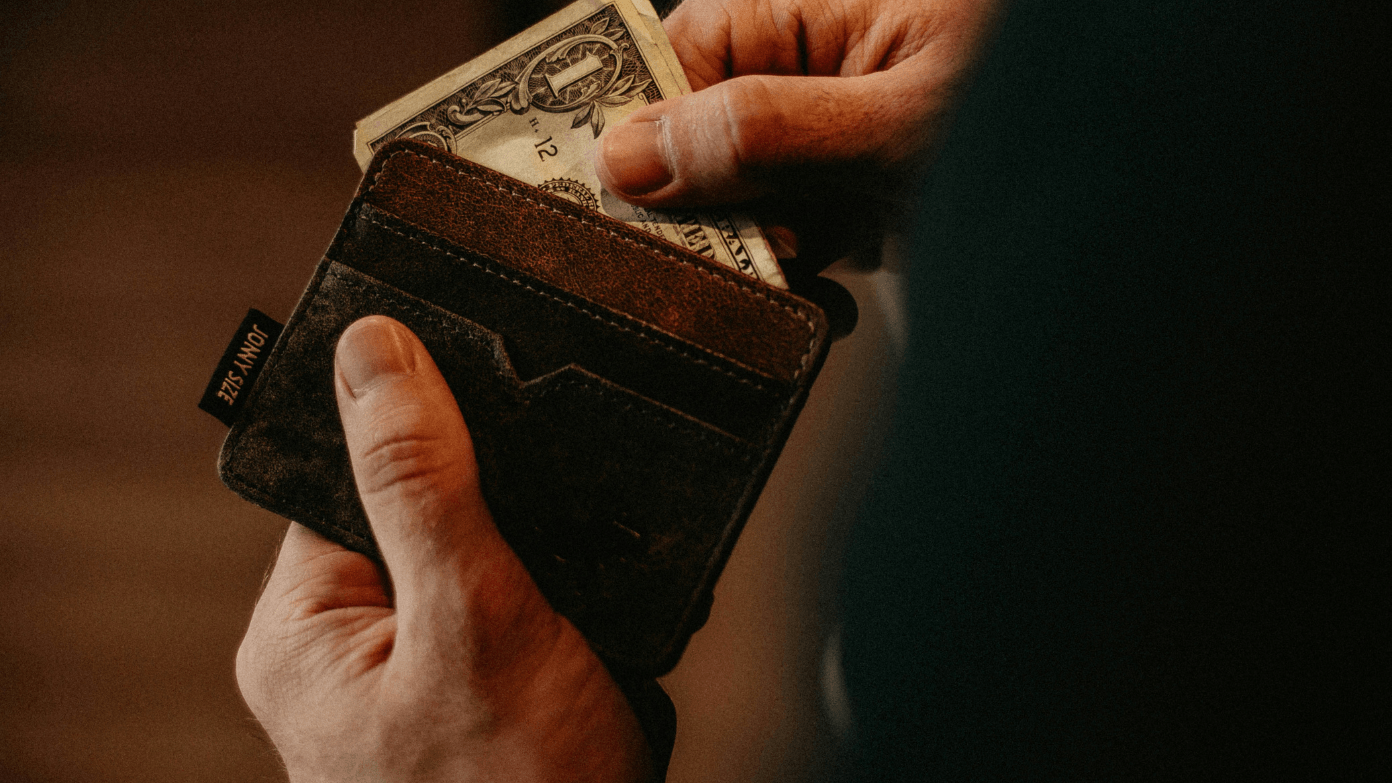Saving money is an essential part of being financially stable, and the most effective way of doing so is by discovering and reducing unnecessary expenditures. By finding shared spending patterns and making mindful choices about what to purchase, people can effectively lower their spending and have a more secure financial base.
Shared things not to buy
1. Coffee-related expenses
- Morning coffee: Instead of purchasing expensive coffee every morning, try making your own at home. This can be quite expensive each month.
- Single-use pods: Single-use pods are not only expensive, but they also create waste. Use French presses or reusable filters instead.
- Snack with your coffee: Do not go in with pastries or other snacks when purchasing your coffee because these add up fast.
2. Unused subscriptions
- Streaming services: Check your streaming services and cancel those that you do not use daily. Share with friends or family members to share the cost.
- Gym memberships: If you do not use your gym membership regularly, opt for home workout or outdoor workout.
- Magazines and newspapers: Opt for digital copies or borrow from libraries to save.
3. Food and dining
- Eating out: Dine out just on special occasions. Home meals are healthier and cheaper.
- Take-out and delivery: Meal planning and cooking in advance can limit frequent take-out orders.
- Snacks and junk food: Avoid impulse buying of snacks and junk food by making a list while grocery shopping.
4. Household and personal items
- Bottled water: Use a refillable bottle rather than purchasing bottled water. Tap water is likely to be just as safe and tastes identical.
- Dry cleaning: Buy an in-home dry cleaning kit for delicate clothes.
- Random gadgets: Don’t purchase unnecessary kitchen gadgets or electronics that you may not use very often.
5. Transportation and travel
- Cars and parking: Ride public transport or bike for shorter trips to conserve gas, parking, and maintenance.
- Air travel: Drive or take budget airlines when they are available to reduce travel costs.
Habits that can help you stop spending
1. Create a budget
Budgeting aids in monitoring where the money is spent and where expenses can be reduced. Utilize tools such as budget calculators to chart out expenses.
2. Visualize your goals
Set budget objectives, such as saving for a vacation or paying off debt, to motivate you to cut discretionary spending.
3. Shop with a list
When you are shopping, stick to your list to avoid impulse buys. This can be used when you shop at the grocery store and when you shop online.
4. Use cash
Spending cash might make you feel the money more, so that you do not overspend.
5. Remove temptation
Block marketing emails and ads to reduce temptation to spend on impulse purchases.
6. Wait before buying
Make a pause between desiring an item and purchasing it to give time to think about whether one needs it.
Saving money involves discipline and vigilance over expenditure. Reducing wastage on unnecessary items and adopting measures to limit expenditure can make it possible to earn a better financial future. Right from saving a few dollars on coffee or canceling unwanted services, all small efforts amount to long-term savings.
Read more: What is Bullish, the cryptocurrency exchange operator that soared 90% on its first day trading

